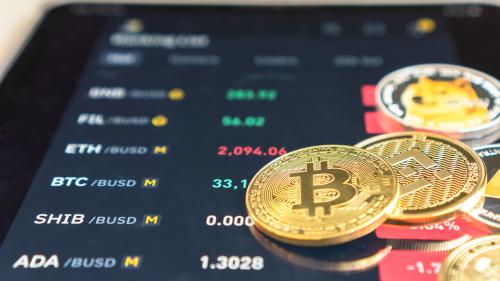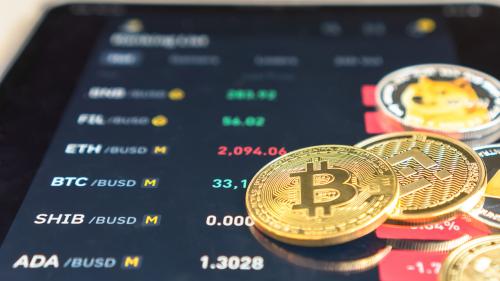The Unregulated World of Cryptocurrency
The cryptocurrency market has been making headlines recently, with President Trump promising to make the United States the “crypto capital of the world.” Alongside this news, there have been significant efforts to deregulate the industry, opening pathways for crypto to disrupt traditional financial systems. While proponents see these regulations as advancing innovation and maintaining U.S. leadership in digital assets, opponents raise concerns about regulatory capture and conflicts of interest.

However, these conversations have largely been dominated by industry leaders and investors, leaving much of the public out of the discussion. As cryptocurrencies become integrated into banks, retirement plans, and local infrastructures, everyday Americans may be affected by these policies and bear the costs of a rapidly adopted, unregulated financial system.
Risks and Harms of Cryptocurrency
Tonantzin Carmona, a fellow in the Brookings Metro program, has written a report titled “Protecting the American public from crypto risks and harms.” In the report, Carmona highlights the risks associated with cryptocurrency, including scams, fraud, market manipulation, and risks to financial stability and national security.
Carmona notes that you don’t need to own or invest in cryptocurrency for it to affect you or someone you know. Crypto is already creeping into banks, retirement savings, energy bills, and even scam calls. For example, some 401k plans and state pensions are now exposed to crypto, despite its notorious volatility.
The Need for Regulatory Guardrails
Carmona emphasizes that literacy, whether financial or tech literacy, is important but not a substitute for good regulation. The burden shouldn’t be 100% on individuals to outsmart an under-regulated industry, especially when the people most at risk are often those with the least financial cushion.
The report recommends several policy interventions, including disclosure requirements, conflict of interest rules, and strengthening the capacity of enforcement agencies. Carmona also notes that the recent Senate bill, the Genius Act, may massively grow the stablecoin market, but it also raises concerns about the potential risks and harms associated with it.
Conclusion
In conclusion, while cryptocurrency may seem like a distant and complex issue, it has the potential to affect everyday Americans in significant ways. As the industry continues to grow and evolve, it is essential to have regulatory guardrails in place to protect the public and prevent potential harms.


